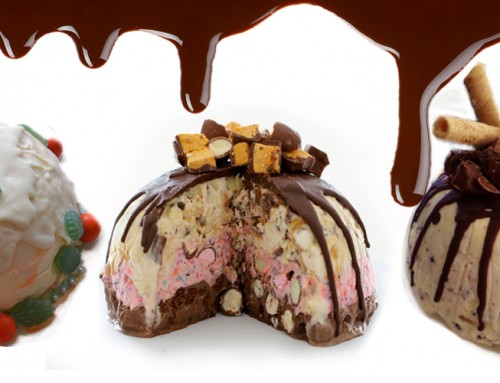Bee a part of Nature’s Solution
Bees play a crucial role in human horticulture and food production and with recent declines in global bee populations, there has never been a more important time to help protect them.
Robina Town Centre is playing a part by introducing over 1 million bees to a dedicated area of Robina, with the honey produced available to enjoy at new dining precinct, The Kitchens.
Part of Bee One Third, which was started by Brisbane local Jack Stone, 36 beehives have been set up in Robina so the bees can forage for pollen and nectars from Merrimac to Burleigh Heads. The project will give a much-needed boost to local bee numbers.
Bee populations have been on a global decline recently due to a new class of pesticides known as neonicotinoids (NNIs), or neonics.
These new pesticides have devastated bee populations around the world, and you may have actuallky noticed the lack of bees in suburban areas in recent years.
A third of our global food supply relies on pollination by honeybees and in Australia, it can be as high as 65%! Needless to say, bees are essential for food production and ultimately, our survival.
Albert Einstein is famously quoted as saying, ‘If the bee disappears from the surface of the earth, man would have no more than four years to live.’
So … we need our bee friends to stay happy and healthy! Without bees, over 150 vegetables, fruits, nuts and seeds could rise in price by 500%, making them too expensive for many Australians to consume.
Some of the most popular plants that are dependent on bees include coffee, cocoa, cotton, mangos, avocados, strawberries, coconuts, cashews and almonds.
Yes, that means a world without affordable coffee, chocolate or clothes made of cotton. That’s a scary thought.
Even scarier is the fact that eventually, without bees, and without pollination there would no longer be any plants of any variety, not just our favourite foods.
It is expected that as more bees are brought into the area, the local flora will adapt to the new conditions by creating more flowers to attract even more bees.
This is on top of the 2.5 tonnes of honey the bees will produce every year, with everything harvested from the hives to be processed and extracted naturally at The Kitchens Cooking Stage.
Find out more, Honey
If you’re interested in seeing the process which doesn’t use any heat to produce nutrient dense and honey full of flavour, you can check out harvesting times at The Kitchens website.
We tried some of the amazing honey produced by our new Robina bee neighbours when we had breakfast at Honeyeater Kitchen this week, and it was delicious! Supporting our buzzing Robina friends is a sweet feeling so do your part today.
You can see the bees at work in the clear display hive near the Concierge Desk the ground floor entrance to The Kitchens.






